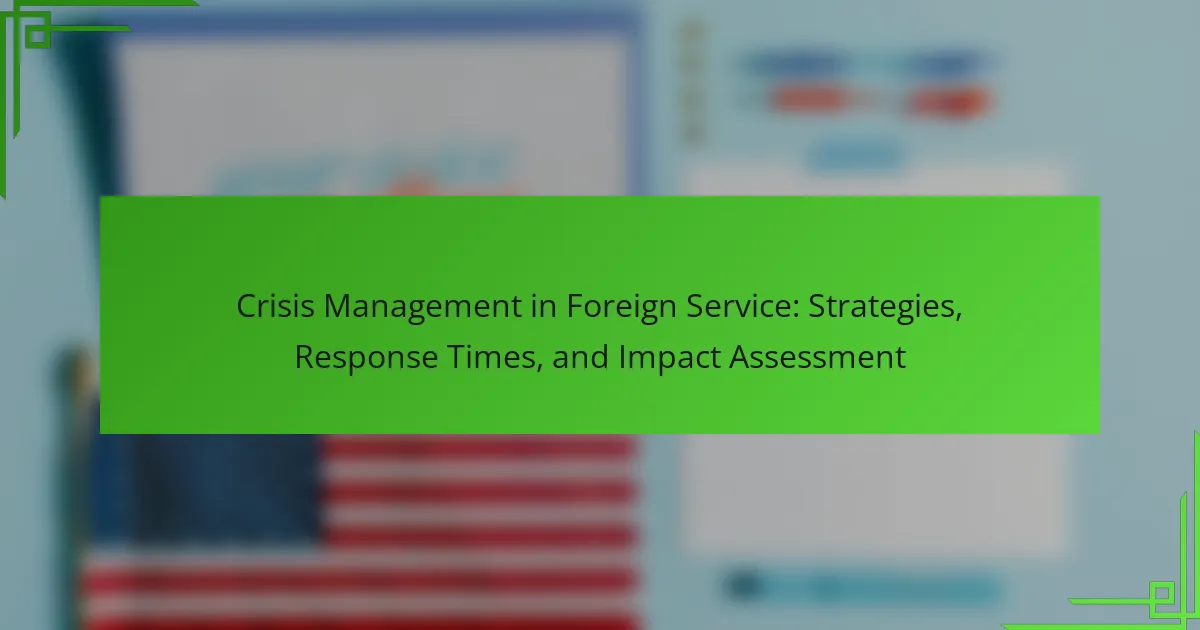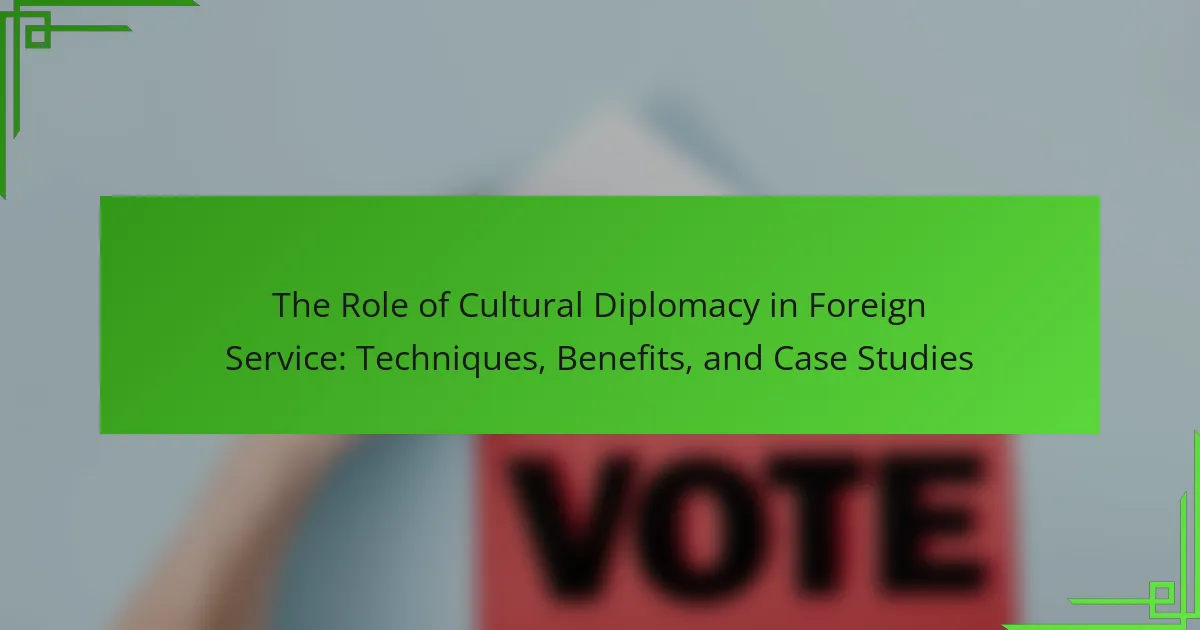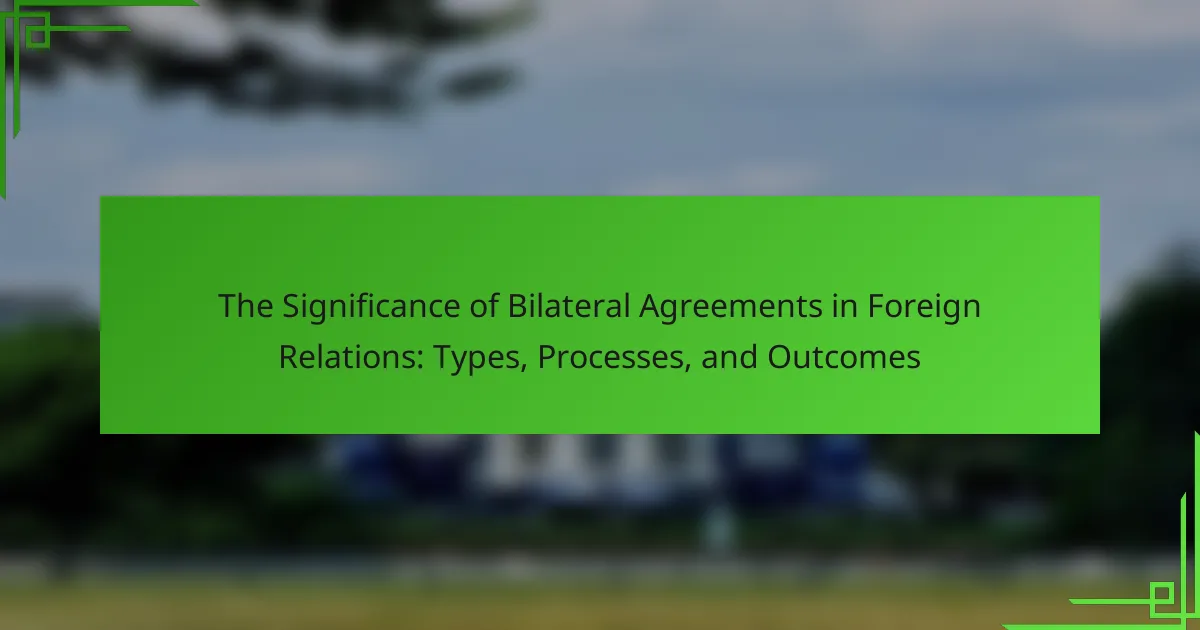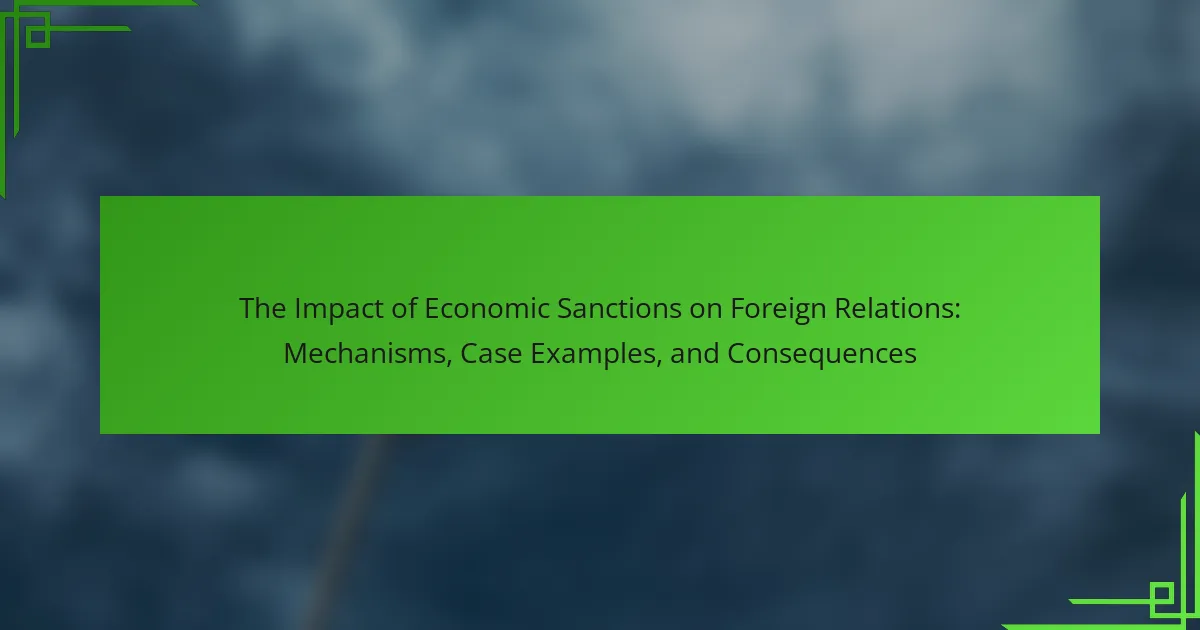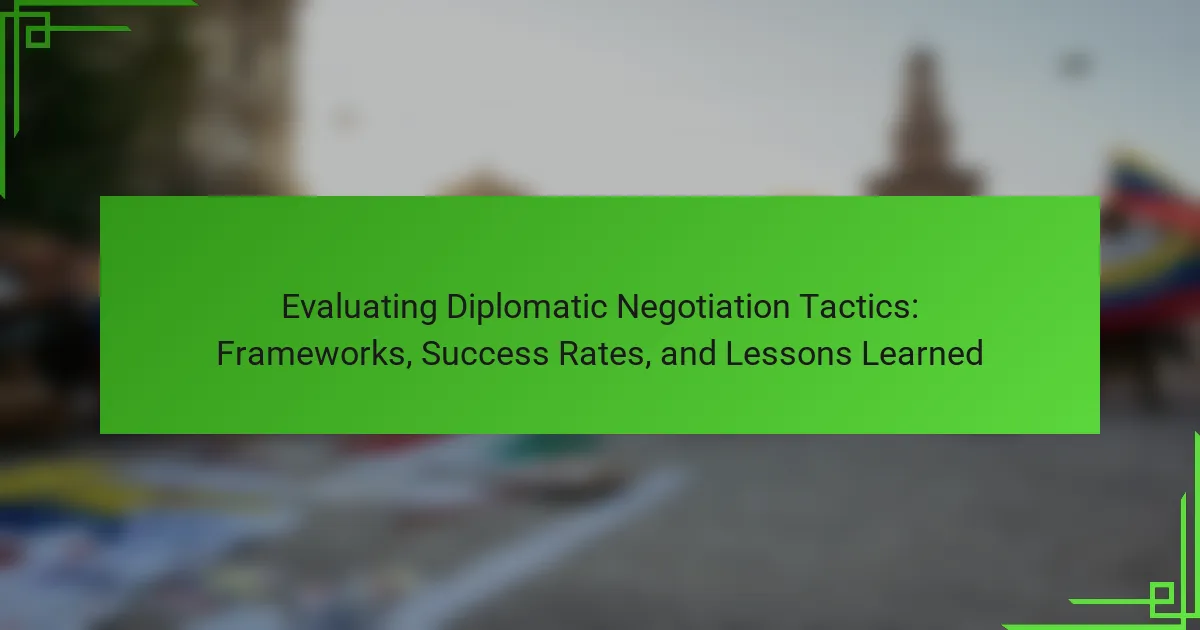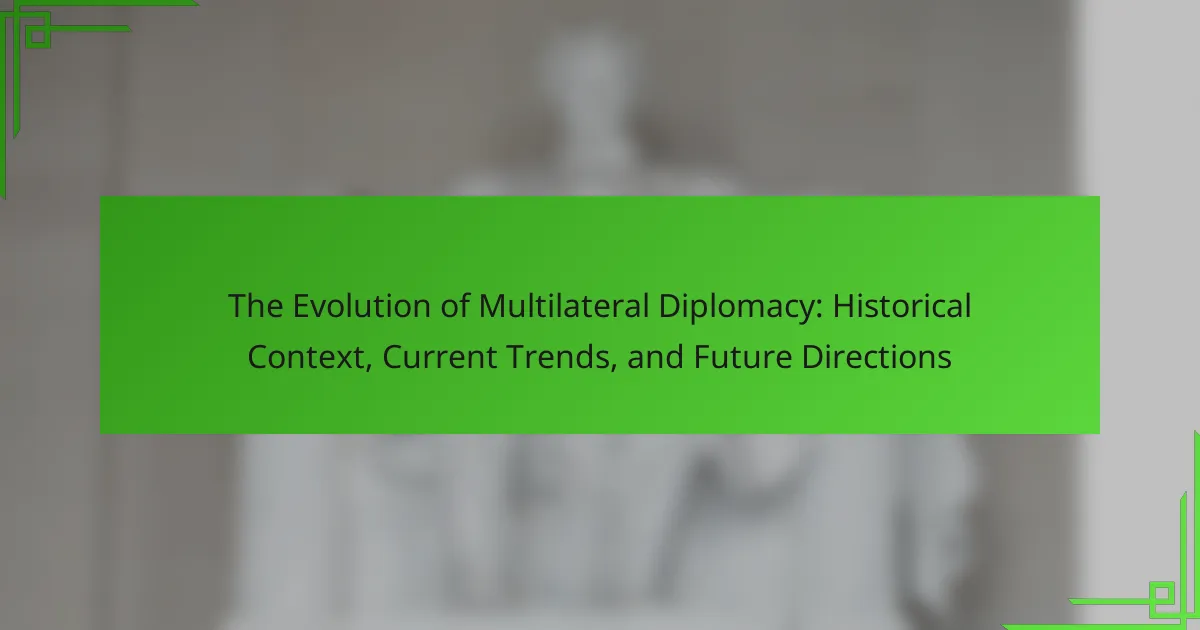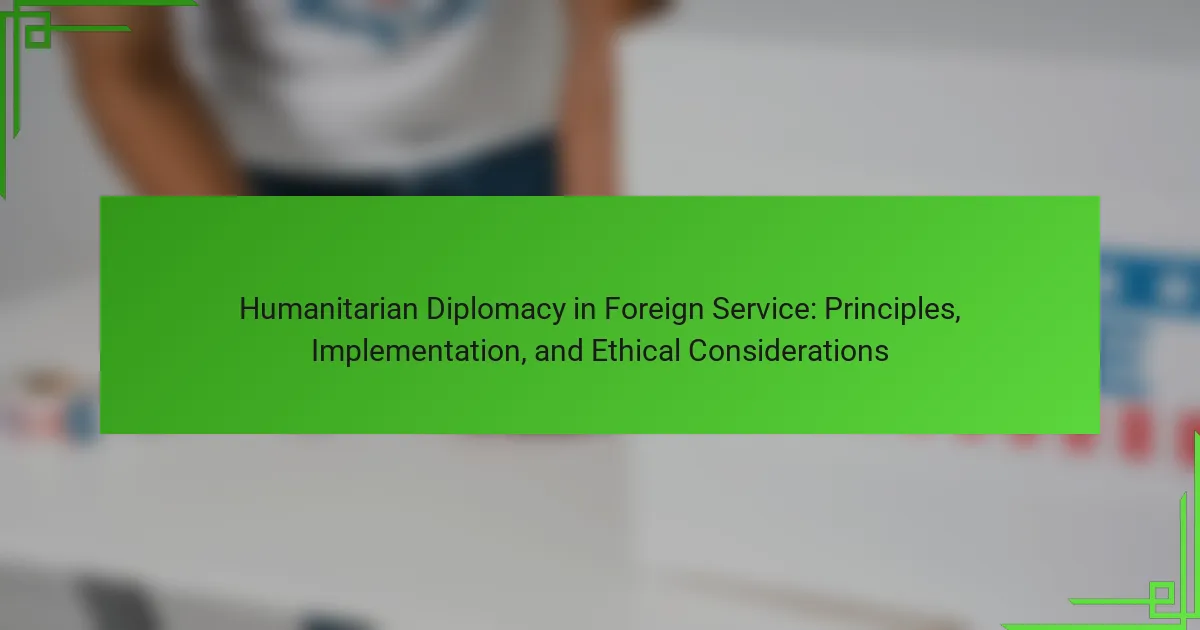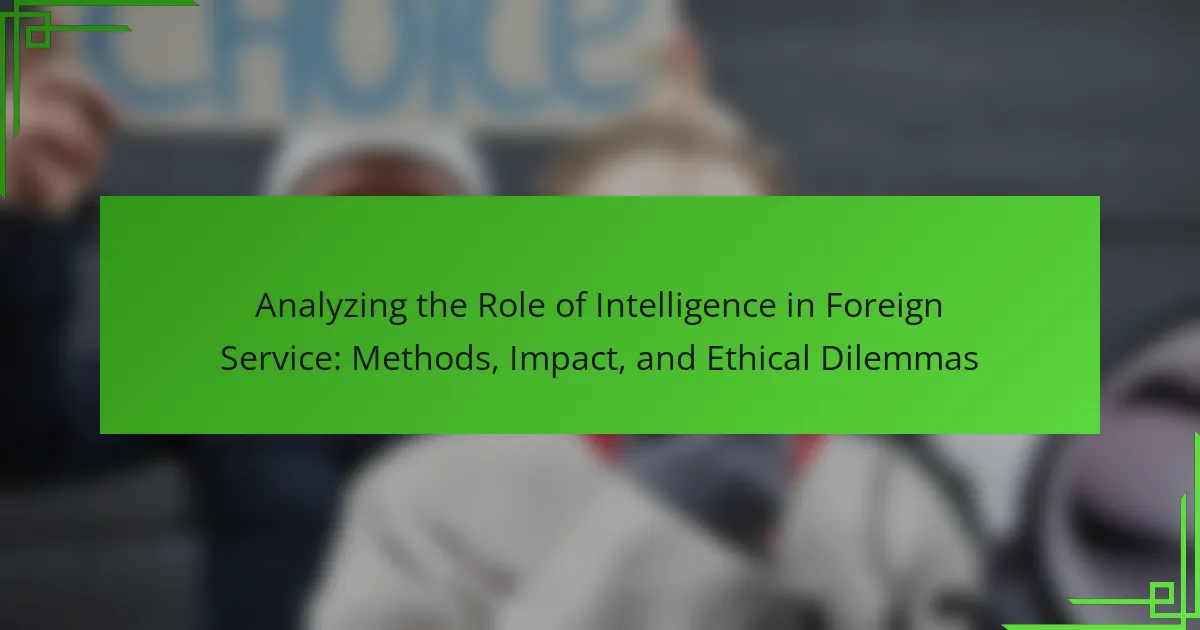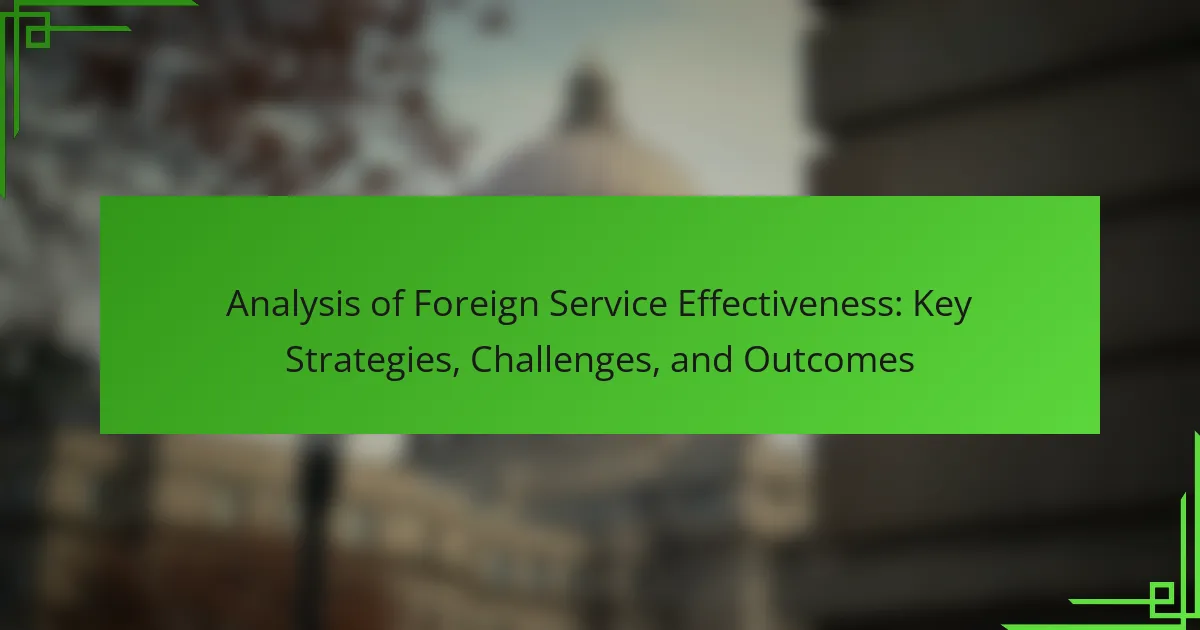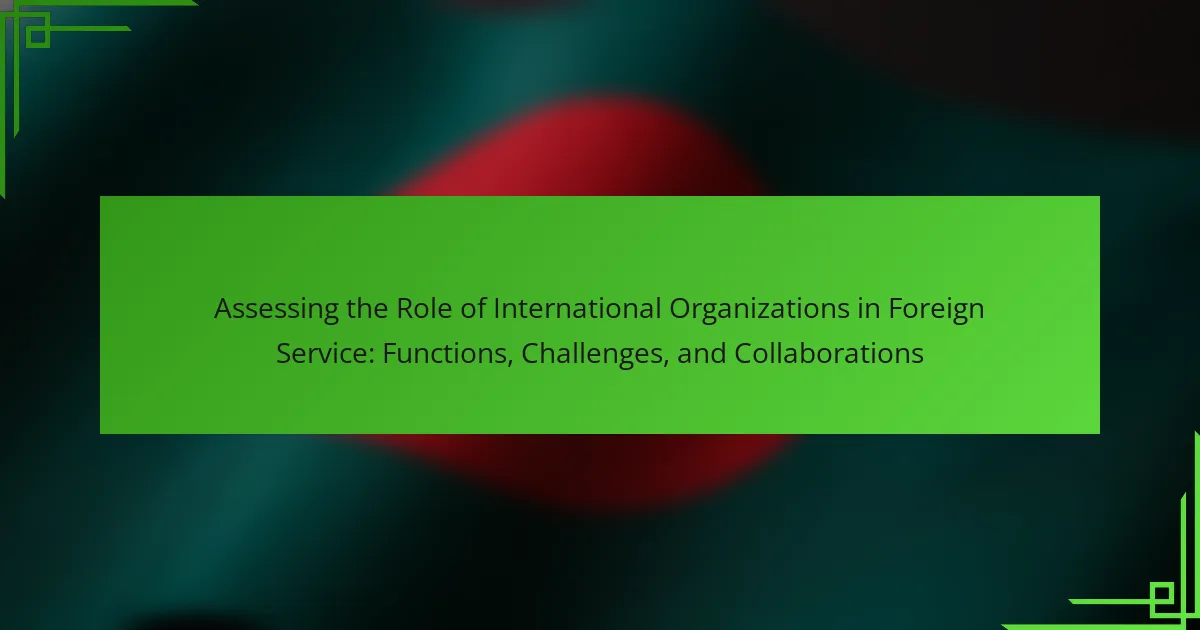Crisis management in foreign service encompasses the processes and strategies employed to handle emergencies that impact a nation’s diplomatic missions abroad. This article outlines key components of crisis management, including the identification, assessment, and response to various crises such as natural disasters and civil unrest. It highlights the importance of effective response times, which should…
Category: Diplomatic Strategies
Explore the fascinating realm of diplomatic strategies, where nuanced negotiation techniques and cultural intelligence intersect to shape global relations. This category delves into the art and science of diplomacy, providing insightful analysis and expert commentary on effective strategies that influence international policies. Engage with case studies and thought-provoking articles that highlight innovative approaches to conflict resolution and alliance-building. Whether you’re a seasoned diplomat or an aspiring foreign service professional, uncover the essential tools and insights that drive successful diplomacy.
The Role of Cultural Diplomacy in Foreign Service: Techniques, Benefits, and Case Studies
Cultural diplomacy is a key strategy in foreign service that enhances international relations through the exchange of ideas, values, and traditions. It builds soft power, fosters mutual understanding, and strengthens bilateral ties between nations. Techniques such as cultural exchanges, art exhibitions, and educational programs are employed to promote cultural heritage and dialogue. Historical examples, including…
The Significance of Bilateral Agreements in Foreign Relations: Types, Processes, and Outcomes
Bilateral agreements are formal agreements between two sovereign states that address various issues such as trade, defense, and cultural exchange. These agreements aim to enhance cooperation and provide mutual benefits, with outcomes including improved trade relations, economic cooperation, and increased political stability. The article outlines the structured processes involved in forming bilateral agreements, from identifying…
The Impact of Economic Sanctions on Foreign Relations: Mechanisms, Case Examples, and Consequences
Economic sanctions are restrictive measures imposed by countries to influence the behavior of other nations, aiming to achieve political objectives without military action. This article explores the mechanisms through which economic sanctions impact targeted nations, including economic isolation, trade disruption, and financial restrictions. It examines notable case examples, such as the sanctions on Iran, North…
Evaluating Diplomatic Negotiation Tactics: Frameworks, Success Rates, and Lessons Learned
The article focuses on evaluating diplomatic negotiation tactics, emphasizing frameworks, success rates, and lessons learned. Key tactics include active listening, which promotes understanding and trust, and building rapport to foster collaborative relationships. The article also highlights the importance of finding common ground to identify shared interests, facilitating compromise. Additionally, it discusses the role of strategic…
The Evolution of Multilateral Diplomacy: Historical Context, Current Trends, and Future Directions
Multilateral diplomacy is the process in which multiple countries engage in dialogue and negotiation to tackle global challenges. This approach is crucial for fostering international cooperation and collective decision-making on issues such as climate change, security threats, and trade disputes. The article explores the historical context of multilateral diplomacy, current trends emphasizing climate action, global…
Humanitarian Diplomacy in Foreign Service: Principles, Implementation, and Ethical Considerations
Humanitarian diplomacy is the practice of utilizing diplomatic tools to address humanitarian issues, focusing on the protection of vulnerable populations during crises. This approach involves collaboration with governments, international organizations, and non-governmental organizations to facilitate access to aid and support for those impacted by conflict or disaster. Key aspects of humanitarian diplomacy include advocacy for…
Analyzing the Role of Intelligence in Foreign Service: Methods, Impact, and Ethical Dilemmas
Intelligence is a critical component of foreign service, influencing decision-making, policy formulation, and national security strategies. This article examines the methods used to manage intelligence effectively, including communication frameworks, training, and technology integration. It highlights the impact of intelligence on diplomatic negotiations and international relations, with historical examples illustrating its significance in key events. Additionally,…
Analysis of Foreign Service Effectiveness: Key Strategies, Challenges, and Outcomes
Foreign Service Effectiveness is the ability of diplomatic missions to achieve their policy objectives, influenced by personnel skills, resource allocation, and strategic planning. This article analyzes the key strategies that enhance Foreign Service effectiveness, including effective communication and cultural understanding, as well as the measurable outcomes such as trade agreements and conflict resolutions. It also…
Assessing the Role of International Organizations in Foreign Service: Functions, Challenges, and Collaborations
International organizations, including the United Nations, World Bank, and International Monetary Fund, serve key functions in foreign service by facilitating diplomacy, international cooperation, and conflict resolution. They provide essential platforms for dialogue among member states, establish norms in international relations, and support peacekeeping efforts globally. These organizations also promote economic development and humanitarian aid, influencing…
